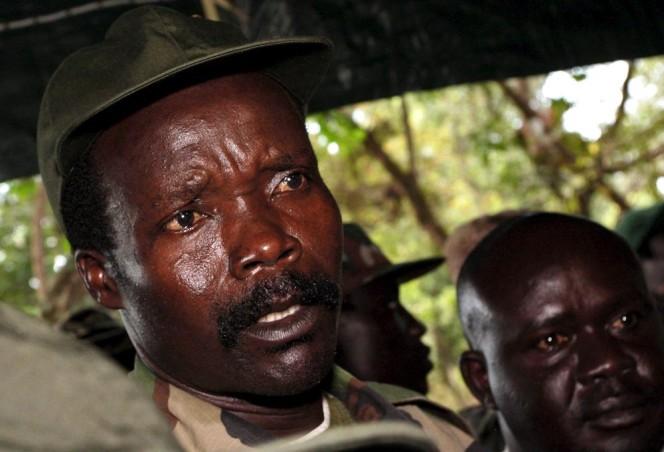By Victoria Stunt
Before last week, most people didn’t know who Joseph Kony was. After a 30 minute campaign video was released about violence and injustices in Uganda, Kony is now a household name.
He erupted onto Facebook and Twitter and has over 75 million YouTube views as of Monday night with millions more on Vimeo. This campaign is in an effort to bring him to justice.
The U.S.-based non-governmental organization Invisible Children produced the video to bring attention to Kony — the leader of the Lord’s Resistance Army (LRA). Since the 1980s, the LRA has been kidnapping children and turning them into soldiers and sex slaves.
Kony has been inactive in Uganda since 2006, but is still at large. Many people on the internet have been questioning the transparency of Invisible Children as an organization, and the tactics they used in creating the video.
Some say it perpetuates the idea of the “white man’s burden,” and that it sends the message that only rich, white, North Americans can help children in Africa and leaves out the relief efforts of Ugandans.
Others worry that only one Ugandan was actually featured in the video. Jasmine Pazzano, a second-year journalism student, said the video shows how social media influences young people.
“People need to stop taking things at face value and investigate before they preach about something, “ she said.
Hodan Barhim, a first-year nutrition student, agrees.
“[People] really don’t have their own stance on the issue, but major people that they like are for it. It’s kind of a bandwagon effect,” she said.
One of the biggest concerns some have about the campaign is why, if these atrocities have been occurring since the 1980s, the issue is only being brought up now. Even more, the situation in Uganda is said to have improved.
After years on the run, the LRA is said to be down to only about a few hundred soldiers.
Brynn Winegard, a marketing professor at Ryerson University, says that since the issue is not novel, it is a little concerning.
“Why now is the question,” she said. “And the ‘why now’ has got to be because of Invisible Children as an organization.”
She said they showcase themselves too much, and there is too much of the organization’s face in the storyline. Others in the media could see the video as an advertisement for Invisible Children.
Celebrities like Oprah Winfrey and Kim Kardashian tweeted in support of Invisible Children, and this is credited to much of the campaign’s success. Ryerson has created it’s own Kony 2012 group on Facebook, encouraging students to participate in the April 21 event : Cover the Night.
However, in response to the criticism surrounding the video and campaign, Invisible Children has released a statement on their website to defend themselves. The statement includes their financial information and a more detailed explanation of their approach to stopping LRA violence.
Critics are questioning how long people will remember the atrocities occurring in East and Central Africa once the novelty of the campaign wares off.
“Our brains are hardwired to like things that are novel. Once it’s no longer novel, we start to drown it out because we’re desensitized to it,” said Winegard. “Tomorrow there will be another video and another viral campaign.”
She said although people will forget the content of the video, it’s not likely they will forget the importance.
“What [East and Central Africa] has endured over the last 20 to 30 years is unfathomable.” “We really need to remember that, soapbox or not, podium or not, advertising or not, Invisible Children’s content is very important,” she said.
“Viral or not, lets remember it.”












Leave a Reply